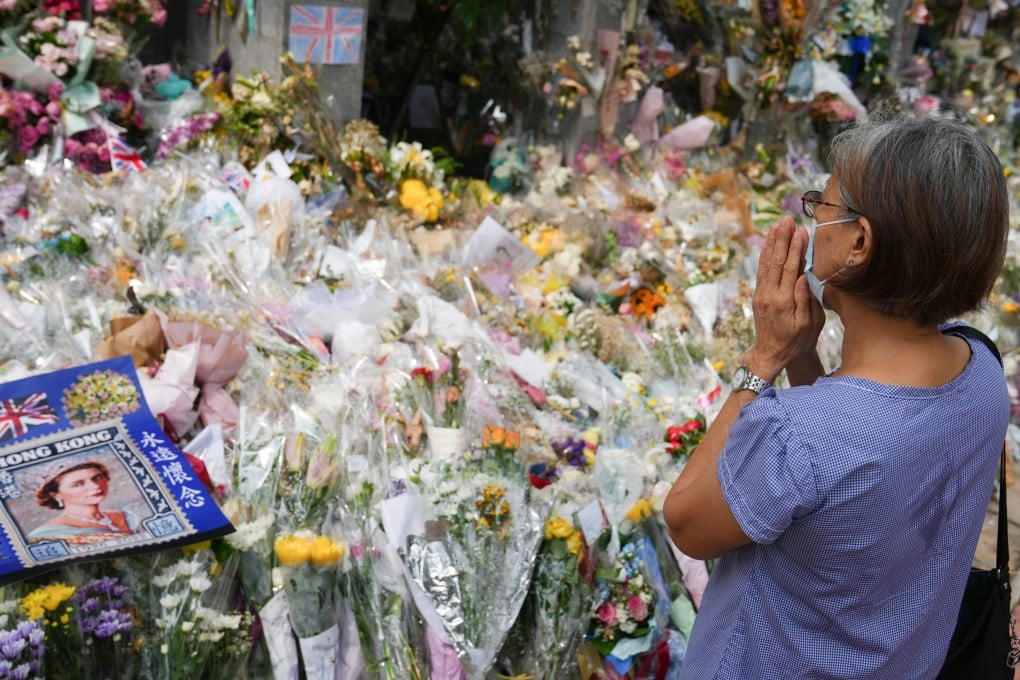Opinion | Hong Kong needs consensus on decolonisation instead of romanticising British rule
- Even 25 years after China regained sovereignty over Hong Kong, local culture has not progressed to a point at which condemning colonialism is natural or common

The University of Bristol, an institution whose inaugural funds depended on the transatlantic slave trade, was one of the first in Britain to officially commit to “decolonisation” efforts, including diversifying its curricula and installing anti-racism mechanisms on campus. Its Black, Asian and Minority Ethnic Network, of which I was a committee member during my studies, has also introduced a new role: decolonisation officer.
However, the same could not be said of many young people in Hong Kong. The reality is that a quarter-century after China regained sovereignty over Hong Kong, the culture sadly has not progressed to a point at which condemning colonialism is natural or common. This might be because of the city’s overreliance on the Western capitalist structures built by its former ruler.
After the Chinese government announced plans to draft a national security law for Hong Kong, there was undue media attention on Britain’s response, particularly the views of Hong Kong’s last British governor. There has been hand-wringing over Hong Kong’s East-meets-West characteristics being “eroded”. Yet, how the West came to “meet” the East, by forcing opium into the region, is often omitted. Obsessing over the opinions of former colonial rulers in a postcolonial world is at best absurd and at worst morally deficient – and this has nothing to do with whether one is an admirer of the Chinese Communist Party’s rule.
As Sinophobia becomes increasingly portrayed as anti-authoritarian activism, especially amid the Covid-19 pandemic, romanticising 150 years of British colonial rule has also gained in popularity. We have seen some young Hongkongers reminisce about an imagined time they have never experienced.
In a world where people are strong enough not to internalise oppression, why would anyone seek governance advice – or advice of any kind – from their former oppressors? Their explainable ignorance is no justification for imperialist ideology to live on.
